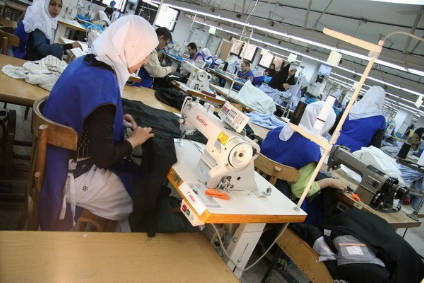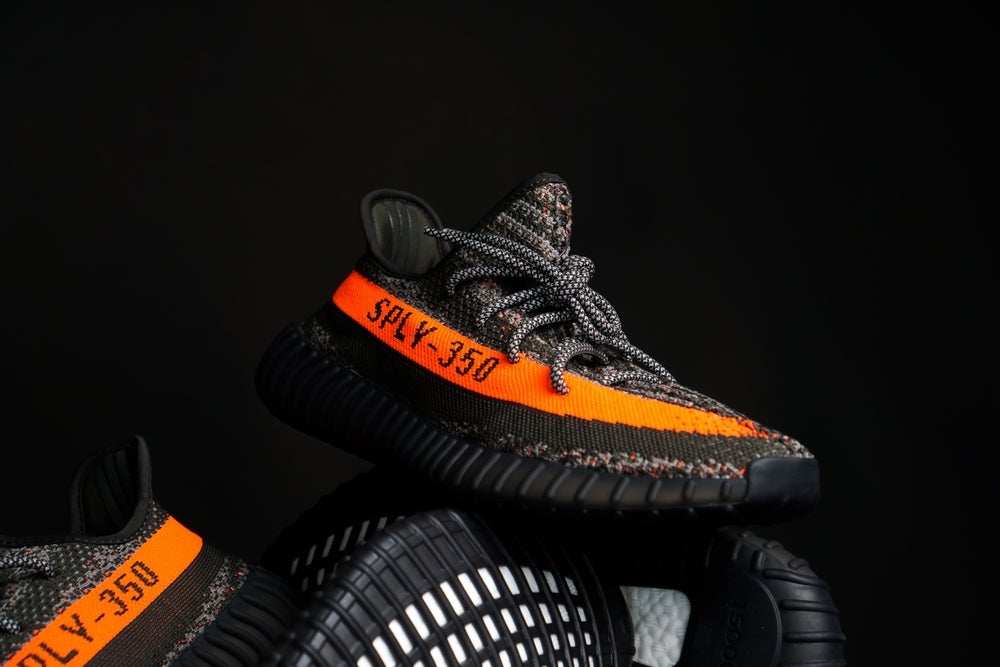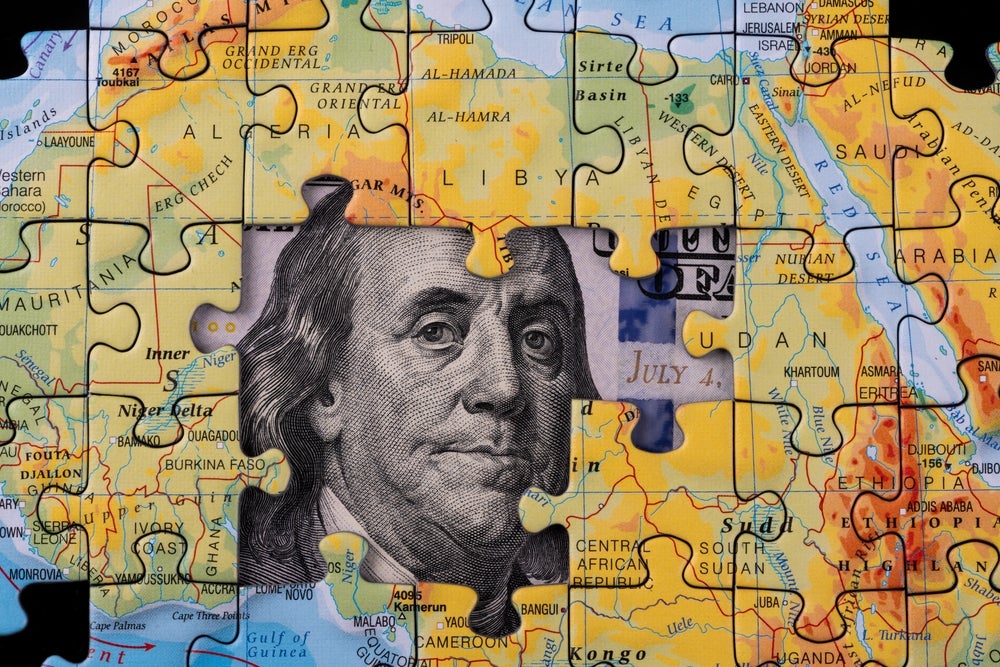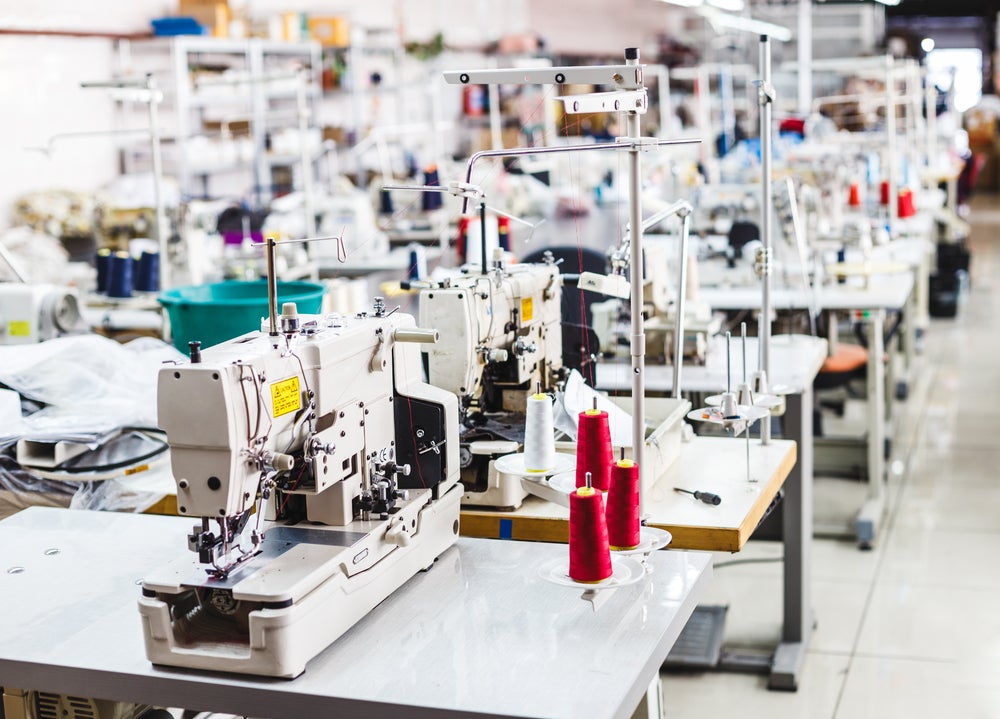
Egypt’s garment and textile manufacturing sector has been hit hard by the Covid-19 pandemic, even though factories have largely remained open.
“A lot of orders were cancelled, or delayed, and many companies went into Chapter 11 [bankruptcy],” says Mohamed Kassem, chairman of the Egyptian Company for Textile Parks Development.
“Some of the buyers are being decent and honourable, saying, we owe this amount of money and we’ll pay you sometime in the future. Some others are wanting a 50% discount and [pay] the balance over 12 months. It’s really not a good situation at all.”
Egypt’s Covid-19 measures were not as stringent as others in the region, with governments in Turkey and Jordan imposing stay-at-home policies. A night-time curfew was introduced in Egypt from 19 March, but this restriction was eased in late April when it was switched to late night and early hours restrictions only.
The night-time restrictions made operations difficult, and “at one point around 80% of factories were closed, but it is not as bad now. The manufacturers that continued operating were not at full capacity,” says Samer Riad, general director of Riad Group, a textile and garment manufacturer in Cairo.
How well do you really know your competitors?
Access the most comprehensive Company Profiles on the market, powered by GlobalData. Save hours of research. Gain competitive edge.

Thank you!
Your download email will arrive shortly
Not ready to buy yet? Download a free sample
We are confident about the unique quality of our Company Profiles. However, we want you to make the most beneficial decision for your business, so we offer a free sample that you can download by submitting the below form
By GlobalDataSee Also:
Delta Galil, one of the country’s largest textile and garment manufacturers, stopped production for one month, while brands put orders on hold and postponed payment dates, according to Michael George, fabric operation and administration director.
Exports plunge
Egypt exported US$1.69bn in garments in 2019, according to the Textiles, Apparel and Home Textiles Export Council of Egypt, some 60% to the US, the rest to Europe. The sector had hoped for double-digit growth this year, according to the council.
But with Covid-19 ripping through global markets, exports were down 8% in the first three months of 2020 compared to the previous year, to US$372m.
“The first quarter was bad, but we didn’t feel it until March. You will see the numbers fall further for April to June,” adds Kassem. Exports dropped by 1% in January on the previous year, and down by 3% in February, and then fell off a cliff – down 22% in March, according to the export council’s figures. Exports of knitwear dropped the most, down 22% – attributed to a 45% decline in sales to Spain, 21% to the UK, 26% to Canada, 47% to Kuwait, 8% to the US, and 13% to Italy.
With garment orders down globally by 41%, according to the International Textile Manufacturers Federation (ITMF), there are concerns many suppliers will not survive this downturn.
“Buyers don’t know what to forecast, to buy or not to buy. Letters of credit have gone down the drain, and some customers are asking ridiculous terms companies can’t afford but might be forced to accept, and will fall into financial difficulties later,” Riad says.
Bailout efforts
With all Egyptian industry affected by the ongoing economic downturn, the Central Bank of Egypt has created a bailout package, including lower interest rates, subsidised loans and debt relief, and subsidised energy.
“There is collaboration between companies and the government to make (PPE) masks, and also some help with speeding up owed money, like VAT rebates, and postponing some overhead payments,” Riad adds.
Meanwhile, Covid-19 safety measures are required at Egyptian factories. At Delta Galil, face masks are mandatory, employees’ temperatures are measured before entering the premises, and there is a daily sterilisation of the factory, according to George.
While the current situation for the sector is difficult, on the flipside it is well placed for more regionalised production and the shift away from Chinese manufacturing once economies open up again.
“Egypt is expected to benefit from this diversification trend, as it’s one of the few manufacturing centres in Africa and the region that’s fully integrated. There was a renewed investment in upgrading the textile mills in 2019, which should strengthen their position to attract international buyers,” says Navdeep Sodhi, partner at the Switzerland-based Gherzi Textile Organisation.
Earlier this year a survey of Egyptian garment factories by the Better Work initiative confirmed that order cancellations in the country had reached millions of dollars, and that many manufacturers were reducing their production capacity.








